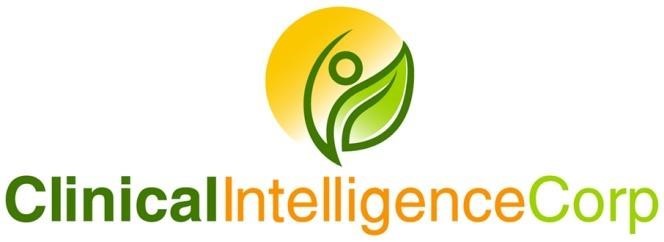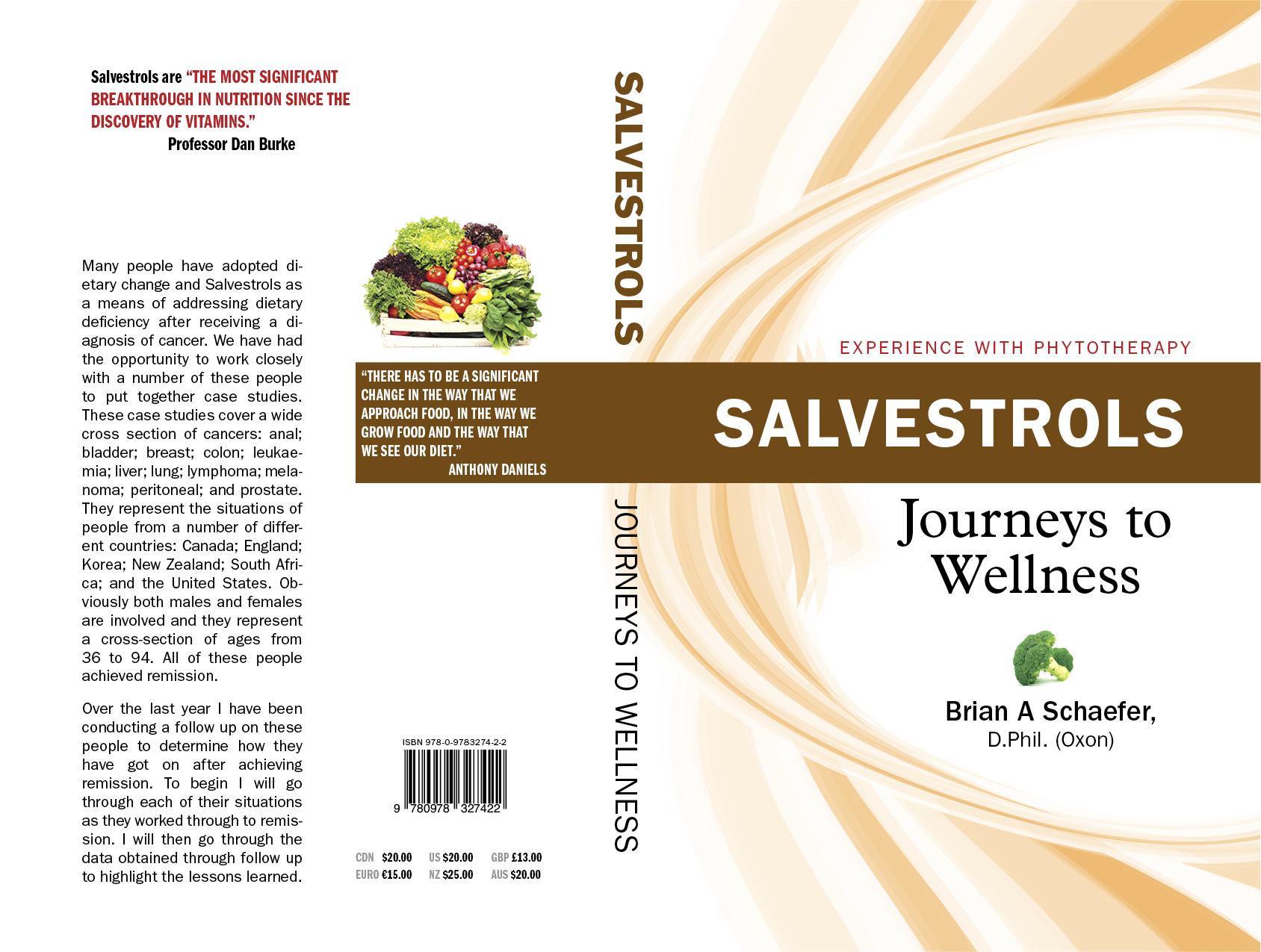Journeys to Wellness: Preface


I still remember the first time someone in my life was diagnosed with cancer. Well, actually my grandmother was the first one but at the age of five I was not really aware of what was going on other than that grandma went to the hospital and never came back. Quite a few decades later I was out of the office at a business meeting, came back and was told that a friend and former colleague had stopped by the office and was very insistent that he needed to see me. As it turned out he had been diagnosed with cancer. It was such a shock that I can't even remember which cancer he had. Unfortunately I was unable to see him prior to his admission to hospital. Apparently the cancer was very advanced by the time he was diagnosed. I headed up to the hospital to see him filled with trepidation. What do you say to your friend that is now admitted to hospital with life threatening cancer? He had four children at home! Wha will he be like? What will he look like? What if his family is there? What will I say to them? How can I possibly help with this?
I got to the hospital and paced around the parking lot, chain smoking (now there's a winning strategy when you are about to visit your friend with cancer eh?) while pondering these questions. I came up with no answers but soon decided that pacing around the parking lot was not doing anyone any good. I found his room. My friend was lying there with the head of the bed raised to help him breathe better. He gave me his usual mischievous grin and said 'hi'. What the hell? He was the same as he ever was! I sat down and we started to chat as we usually did. He was heavily medicated for pain and began slipping in and out of consciousness. He knew about his situation and it was not good. He had always been fun to spend time with, sometimes too much fun but we won't go into that here. In speaking with him it struck me that although his life would soon be over he wanted to make sure that he filled his remaining moments with the normalcy of interactions with family and friends and surprisingly he maintained his sense of humour — even about his impending death!
He didn't last long — only a few days. I managed to see him only a couple of times but he taught me a lot in those brief encounters. Through his example he pointed out that even as we face death, it is our relationships that sustain us. Throughout life this never changes. There is no magic phrase, speech or saying that we can use to make everything right in these circumstances, there is only love, friendship, compassion and perhaps a little humour.
Little did I know at the time that my encounters with people diagnosed with cancer would start to escalate and come much closer to home. My father was diagnosed, his brother was diagnosed friends of the family were diagnosed, in-laws were diagnosed, my mother was diagnosed. My small family attended twelve funerals in three years. It got so that no one in our house wanted to answer the phone.
During this time I met a small group of cancer researchers in the UK. I was intrigued by the work they were doing. I had come across some of their research papers and wanted to learn more. One evening, while in London on business I decided to phone the laboratory of one of these researchers. After reading about their work I had decided that these were the sort of individuals that did not keep banker hours — they were likely stil in the lab. The phone rang and just as expected one of the researchers picked up the phone — Prof. Gerry Potter. We had a very interesting chat about his work, exchanged email addresses and began an email dialogue. We got together on a subsequent trip to the UK and began talking about how we could work together. We have been working together ever since and consequently I have now met a huge number of people that have been diagnosed with cancer.
To state the obvious, a cancer diagnosis is extremely dificult for most people. Yet, I meet person after person who work through this challenge with strength, grace, humour and compassion. The cancer sufferers that I have met have been truly inspirational. There have been so many occasions during which I have met someone witha serious cancer situation who upon seeing me expresses concern for me because I happen to have a runny nose at the time or I have hit my finger with a hammer or some other minor malady! It is as if their own situation has heightened their compassion for others. All I can say is that if you are losing faith in humanity you probably haven't met anyone who is dealing with cancer lately because those that I meet would restore your faith in humanity and leave you humbled by the interaction.
Throughout this time I have had occasion to make many new friends and have had occasion to work with some to record their progress from diagnosis to recovery. In doing this work the intent was to make this information available to practitioners. Consequently many of the experiences described in this book have a version that appeared in the Journal of Orthomolecular Medicine or the International Journal of Phytotherapy. Recording these successful outcomes has been enormously rewarding. These experiences have been expanded here to bring them up to date (that is, up to February 2013), to include information that wasn't included originally when new information has become available and to make them more widely accessible. These experiences are presented here in the hope that people will be able to take advantage of the experiences of others to assist with the choices that need to be made for their own cancer or the cancer of their patients.
Do these experiences include the magic bullet that will see all cancer sufferers fully recover? No. At this point no such magic bullet exists. With that said they do point to strategies that brought these people through to renewed good health so it is well worth the effort of investigation these strategies for future situations because they may represent the strategy that will bring about the desired outcome.
Available in print
from

Copyright © 2012 Clinical Intelligence Corp. All rights reserved.
No part of this publication may be reproduced, stored in a retrieval system, or transmitted in any form or by any means, electronic, mechanical, photocopying, recording, or otherwise, for any purpose, without the written prior permission of the copyright holder.
Contact: sales@salvestrolbook.com